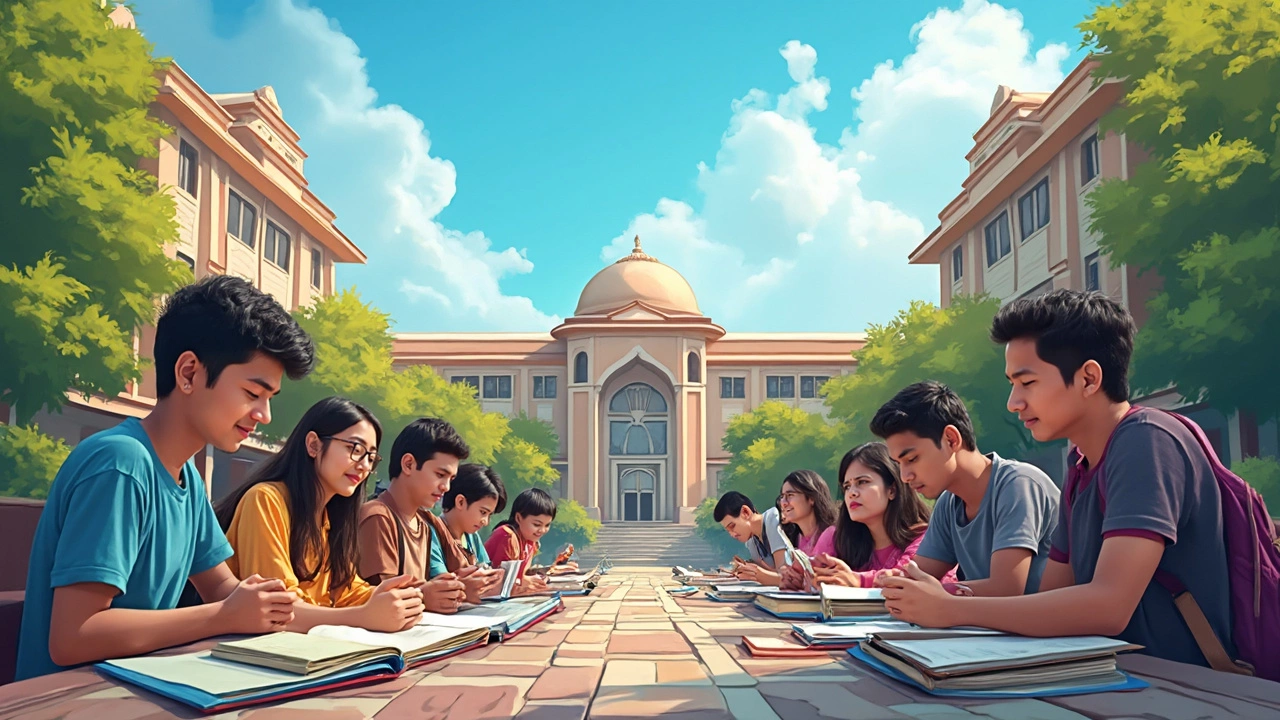Toughest Exams – Rankings, Prep Tips & What Makes Them Hard
When talking about toughest exams, the assessments that push candidates to the limit with low pass rates and intense study demands. Also known as hardest tests, they shape career paths, government entry and professional credibility.
One major group is competitive exams, national or state-level tests that filter millions of aspirants for a handful of seats in services, education or jobs. These exams set the benchmark for difficulty because they combine vast syllabi with strict scoring thresholds. Whether you aim for the civil services or engineering slots, the competitive nature drives a unique preparation mindset.
Another cluster that adds to the challenge landscape is professional exams, certifications required for advanced roles in law, medicine, finance and engineering. Passing them often means securing a license to practice, so the stakes are exceptionally high. The rigorous standards ensure only the most qualified professionals serve the public.
Why These Exams Matter
Take the bar exam, the final hurdle for law graduates to become licensed attorneys as an example. Its difficulty lies in testing not just memory but the ability to apply legal principles under pressure. Similarly, the MCAT, the medical college admission test that evaluates scientific knowledge and critical thinking combines biology, chemistry, physics and psychology in a single 7‑hour marathon.
These exams require intensive preparation, a structured study plan, and resources that match their breadth. Most candidates rely on a mix of self‑study, coaching classes, and online platforms. Tracking pass rates helps gauge difficulty: UPSC’s 0.1% success, the bar exam’s 60% average, and MCAT’s 30% top‑score bracket all illustrate how selective they are.
The people tackling these tests range from fresh graduates to seasoned professionals seeking a career shift. Their motivations differ, but the common thread is the need for strategic learning—identifying weak spots, practicing timed questions, and reviewing explanations. Many find that mock exams mimic real‑world pressure, sharpening both knowledge and stamina.Resources play a crucial role. Sites that rank among the best for exam prep in 2025 offer adaptive quizzes, video lectures, and community support. Choosing the right platform means matching the exam’s format: multiple‑choice drills for the MCAT, essay practice for the bar, and comprehensive syllabus coverage for competitive exams.
Trends in 2025 show a shift toward competency‑based assessments and digital test‑taking. Some exams now incorporate AI‑generated questions to reduce predictability, making rote memorization less effective. Understanding these changes helps candidates adapt their study tactics early.
Overall, the toughest exams shape educational and professional landscapes. By grasping how they differ—whether they’re competitive, professional, or specialty tests—you can plan a realistic prep schedule, set achievable milestones, and avoid common pitfalls.
Below you’ll find a curated collection of articles that break down exam difficulty, compare pass rates, and share proven strategies to help you conquer each challenge. Dive in to discover actionable tips, data‑driven rankings, and step‑by‑step guides that turn the toughest tests into manageable goals.
8 Mar
2025
The IIT JEE is often considered one of the toughest exams in India, challenging aspiring engineers across the nation. We'll explore what makes this exam so demanding, look at interesting facts, and share helpful tips for students. From the level of competition to preparation strategies, discover why this exam is both feared and respected. We'll also decode some myths and offer practical steps to tackle this monumental test.
